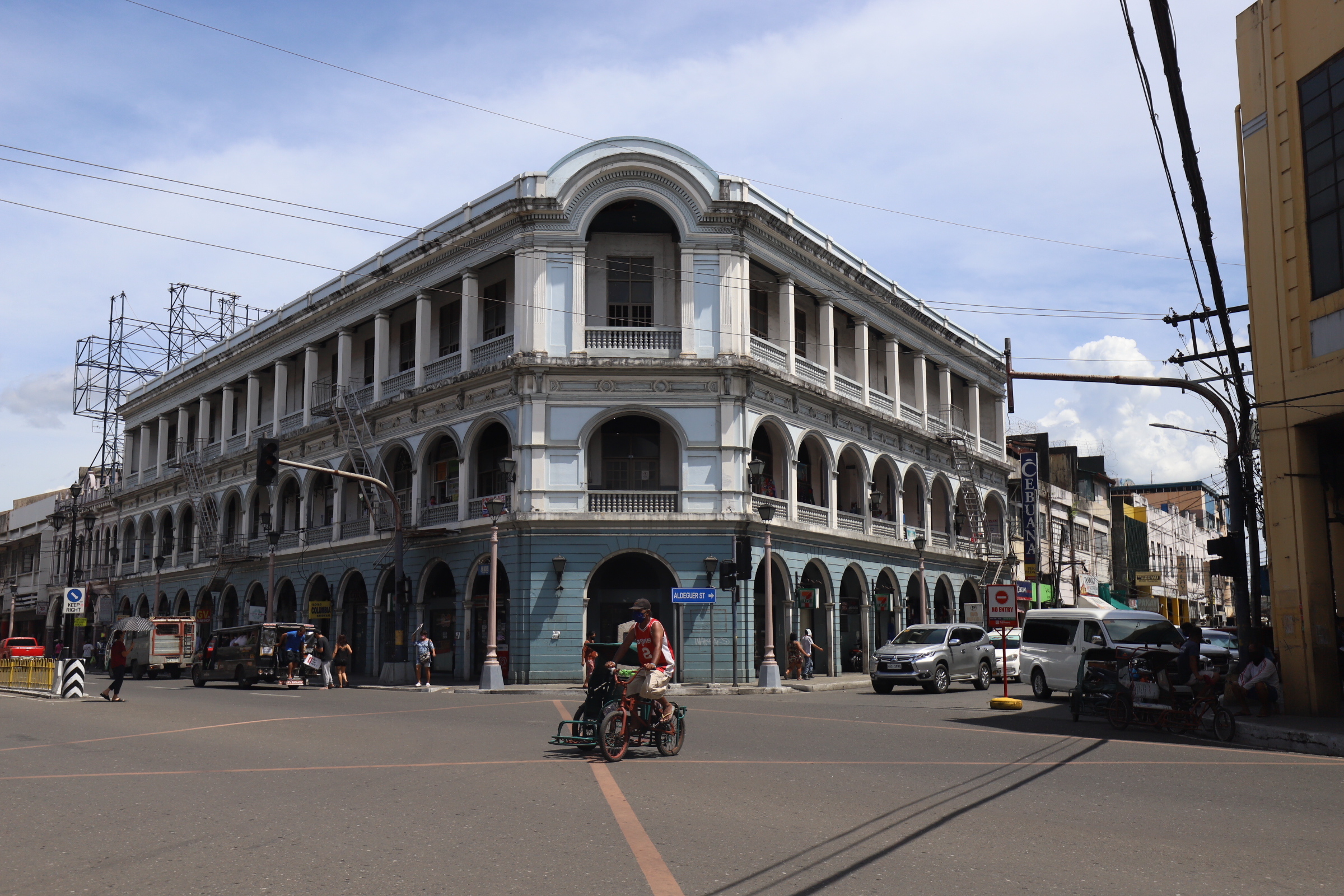Western Visayas needs P380B to bounce back
ILOILO CITY—Western Visayas will need around P380 billion in investments to fund rehabilitation and recovery efforts in the region which is reeling from the effects of the new coronavirus disease (COVID-19) pandemic, according to economic planners.
The Regional Recovery Plan, which has been approved by the Regional Development Council, would be implemented from 2020 to 2023 to help the region rise from the unprecedented economic and social impact of the pandemic.
The recovery fund includes P253.28 billion for the economic sector, P83.63 billion for social services, P37.14 billion for governance, P3.83 billion for environment and P2.21 billion for infrastructure and transportation.

OPEN FOR BUSINESS Quarantine measures have been relaxed in Iloilo City, the regional center of Western Visayas, but local establishment owners are hurting due to a slowdown in business amid concerns over the COVID-19 pandemic. —PHOTO COURTESY OF ILOILO CITY MAYOR’S OFFICE
Tourism revenue hit
“[The pandemic] is beyond compare, worse in economic impact than the natural calamities that we have experienced,” Ro-Ann Bacal, National Economic and Development Authority (Neda) regional director in Western Visayas, told the Inquirer.
Tourism, one of the major sectors of the regional economy, has almost ground to a halt.
“We only have domestic tourists and they do not stay long or even overnight [in local destinations],” Bacal said.
Article continues after this advertisementFrom January to March this year, tourist arrivals plummeted by more than half to 453,347 compared to 1,020,306 in the same period in 2019, according to a regional economic situationer issued by the Neda in Western Visayas. Revenues from tourism were also cut by more than half from P25.41 billion during the first quarter last year to P11.2 billion this year.
Article continues after this advertisementBacal said continued travel restrictions had also affected tourism.
The pandemic has also hit hard many service-oriented businesses in the region, especially small and medium-sized establishments.

COMPLIANCE Iloilo City Mayor Jerry Treñas visits malls and restaurants in the city to check their compliance with health protocols as economic activities resume. —PHOTO COURTESY OF ILOILO CITY MAYOR’S OFFICE
Job losses
The Department of Labor and Employment regional office reported that 162 establishments had shut down as of July 1 due to the pandemic, with 1,524 workers retrenched.
Another 30 establishments, with 561 workers, had suspended operations while 95 others had implemented flexible work schemes affecting 2,918 employees.
Bacal said the pandemic had significantly dampened the positive performance of the economy last year.
Bacal said domestic consumption and the relatively good harvest in the agriculture sector, which has stabilized the price of staple food, had been helping prop up the regional economy.
The impact of the pandemic is expected to be reflected in the economic report for the second quarter, wherein quarantine measures were implemented. “There will be not much tourism activity in sight even in the later part of the year. Contractions in exports and imports are anticipated as businesses both international and local will not completely be back to their normal transactions,” according to the first quarter regional economic report.
OFW share
Remittances from overseas Filipino workers (OFWs), one of the main sources of income, are also seen to decline as many of them are expected to be laid off in tourism and service-related industries abroad.
“The reduction in remittances will affect domestic consumption of their families who are dependent on them. Household consumption will be limited to essential commodities as consumer confidence further dips not only because of fear of contracting the virus but because many will have limited, no income at all or many are expecting that their household income will continue to fall in the coming months,” according to the report.